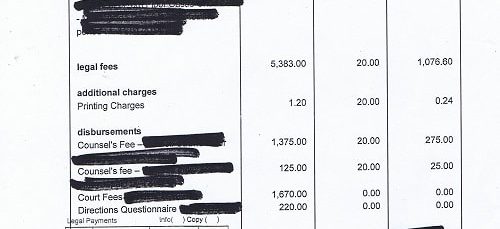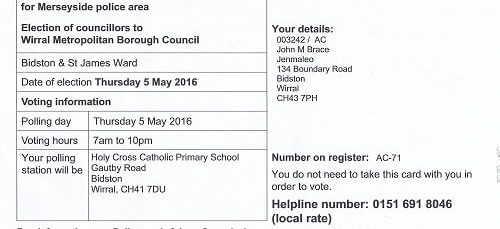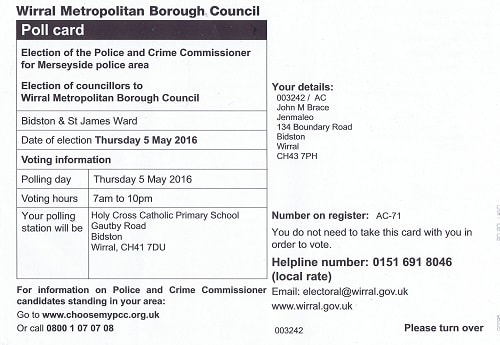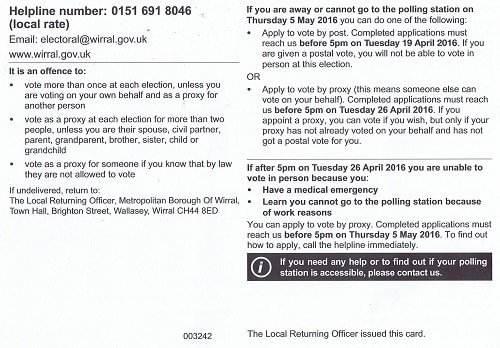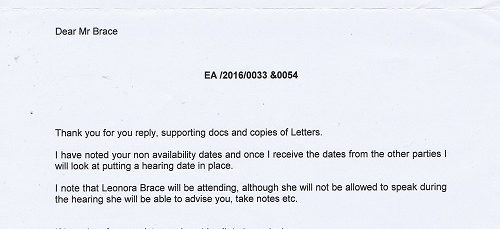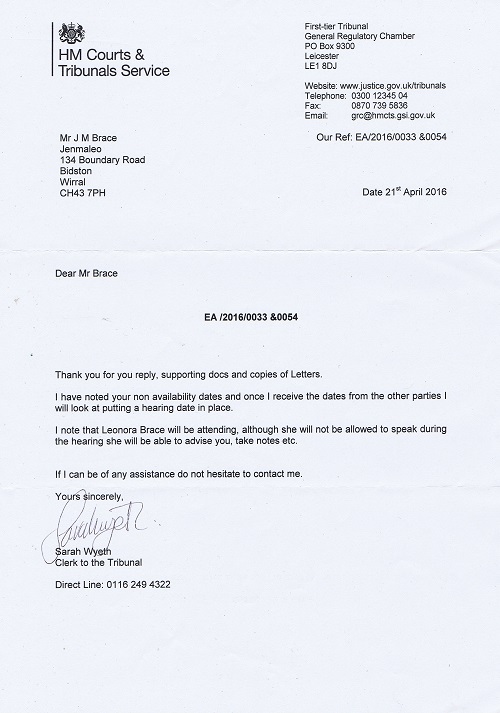What are the changes to citizen audit for 2015/16?
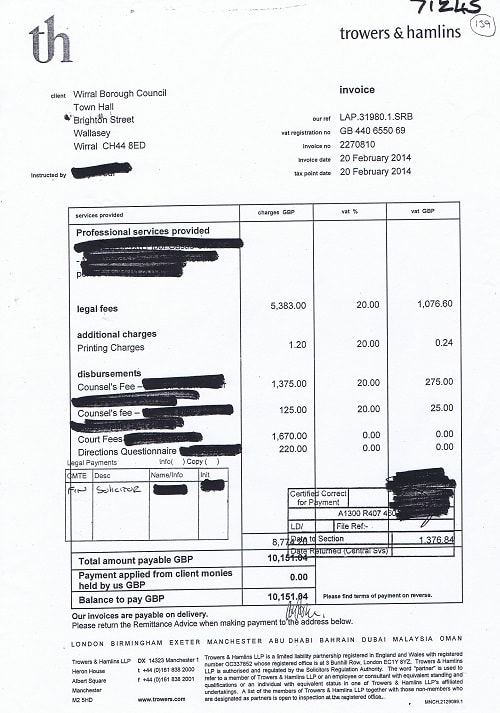
This year citizen audit changes. No longer are citizen audit rights covered by part II of the Audit Commission Act 1998 and the underlying regulations as this is no longer in force.
For this year (2015/16 financial year) such rights are covered by part 5 of the Local Audit and Accountability Act 2014.
The main section of relevance to citizen audit to compare are section 15 of the Audit Commission Act 1998 (as amended by s.160 of the Local Government and Public Involvement in Health Act 2007) and section 26 of the Local Audit and Accountability Act 2014.
Previously during citizen audit, public bodies could redact information about the names of their own staff, but if it was information about anyone else they had to get their auditor’s approval.
Now, public bodies can redact parts of documents or whole documents on grounds of commercial confidentiality (although a public interest test has to be carried out) and information about the names of their own staff. They are also allowed to redact information that is the name of other individuals but not if it’s the name of a sole trader.
Previously the auditor had to consider all objections (as long as a copy was sent to the public body) made by local government electors for a declaration that an item of account is unlawful, recovery of an amount not accounted, a public interest report or an immediate report.
Now, an objection can only be about a matter that the auditor could write a public interest report about or declare that an item of account is unlawful but the auditor can decide not to consider the objection if:
(a) the auditor thinks it is frivolous or vexatious, or
(b) the cost to the auditor investigating is disproportionate to the sums involved or
(c) it repeats an objection already made and considered by the auditor whether in that financial year or a previous financial year.
However the auditor won’t be able to decide not to consider an objection if it is "an objection which the auditor thinks might disclose serious concerns about how the relevant authority is managed or led".
Even if the auditor rejects an objection for one or more of the reasons above the auditor can still make a recommendation to the public body.
Previously the Audit and Account Regulations 2011 required the inspection period was 20 working days regulation 9 and also that an advertisement was published (as well as a notice on its website) 14 days before this inspection period started regulation 10.
Under the new regime, this changes. There will be a longer inspection period of thirty working days, but this period will now also be the time during which objections and questions to the auditor must be made.
Regulation 14(3) of the Accounts and Audit Regulations 2015 does state, "During the period for the exercise of public rights a relevant authority must make the documents referred to in section 26(1) of the Act available for inspection on reasonable notice at all reasonable times."
The National Audit Office have issued a new guide to this. Whereas last year it left the definition of the term "reasonable" wide open to interpretation, which meant Wirral Council could decide it was not "reasonable" to allow any inspection of any expenses claimed by councillors, now the guide is more explicit about the definition of unreasonable and states,
"A council acts ‘unreasonably’ when its actions are so wholly unreasonable that no reasonable person could have made that decision."
So in summary the changes are an added category of "commercial confidentiality" brought about by [2011] Eu LR 172, [2010] UKHRR 1317, [2010] EWCA Civ 1214, [2012] PTSR 185, the inspection period is now thirty working days (which now includes the period to ask questions or make objections to the auditor), for category 1 (larger public authorities) this has to include the first ten working days in July and for category 2 (smaller public authorities) this has to include the first ten working days in June and there seems to be no longer any requirement for a notice about this public inspection period in the newspaper but there still is a need for the public authority to publish a notice on their website.
If you click on any of the buttons below, you’ll be doing me a favour by sharing this article with other people.
